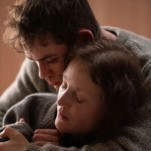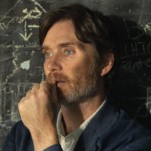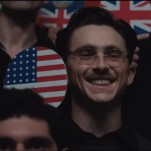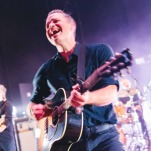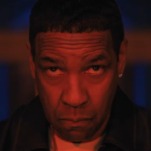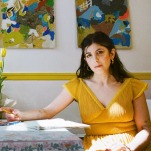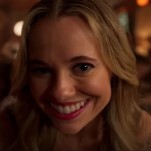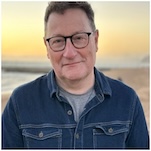Wild Cub: The Best of What’s Next
Photo by Morgan HollandWhat happens when the music you’re writing is dedicated to the search for a muse, and then you find her? What happens, then, when you not only meet her, but learn her name, fall head over heels for her, marry her, start a family, and then realize that the record you’ve just made is inexorably adhered to a period in your life that’s done with? What happens when you find yourself singing songs that weren’t by you, as you know yourself now, but written by the man who used to exist before meeting her?
Keegan DeWitt is about to find out.
When DeWitt, frontman of Nashville indie-pop outfit Wild Cub, was writing Youth, the band’s debut record, he was fixated on one thing—or person, really—in particular: his future soul mate. Who was the person DeWitt was going to spend the rest of his life with? Where was she? What was she doing? What street was she walking down right at that very moment, and how would she affect his life by simply being a part of it? Was she even out there? Similar prompts fueled DeWitt as he and Wild Cub experimented with loops and inventive guitar parts while piecing together their first full-length body of work, when DeWitt met his yet-to-be-found muse as he was writing the record dedicated to the pursuit of her.
“What purely drove me when I was writing Youth was finding someone to pair my life with, and intimacy with somebody else,” he says, calling in from his home in Nashville. “A lot of what Youth is about is me aging a little bit and starting to see how so many people around you are shaped by their expectations, and whether or not they’re able to achieve them. I started to realize, ‘Am I going to get soured and closed-off before I have the opportunity to link with that person?’ Youth is so much about missed connections and trying to find connections in the big mess of the world. Now, with the next thing, it’ll be tough to not be like Paul Simon singing about your kid eating Cheerios. Or something.”
-

-

-

-

-

-

-

-

-

-

-

-

-

-

-

-

-

-

-

-

-

-

-

-

-

-

-

-

-

-

-

-

-

-

-

-

-

-

-

-































